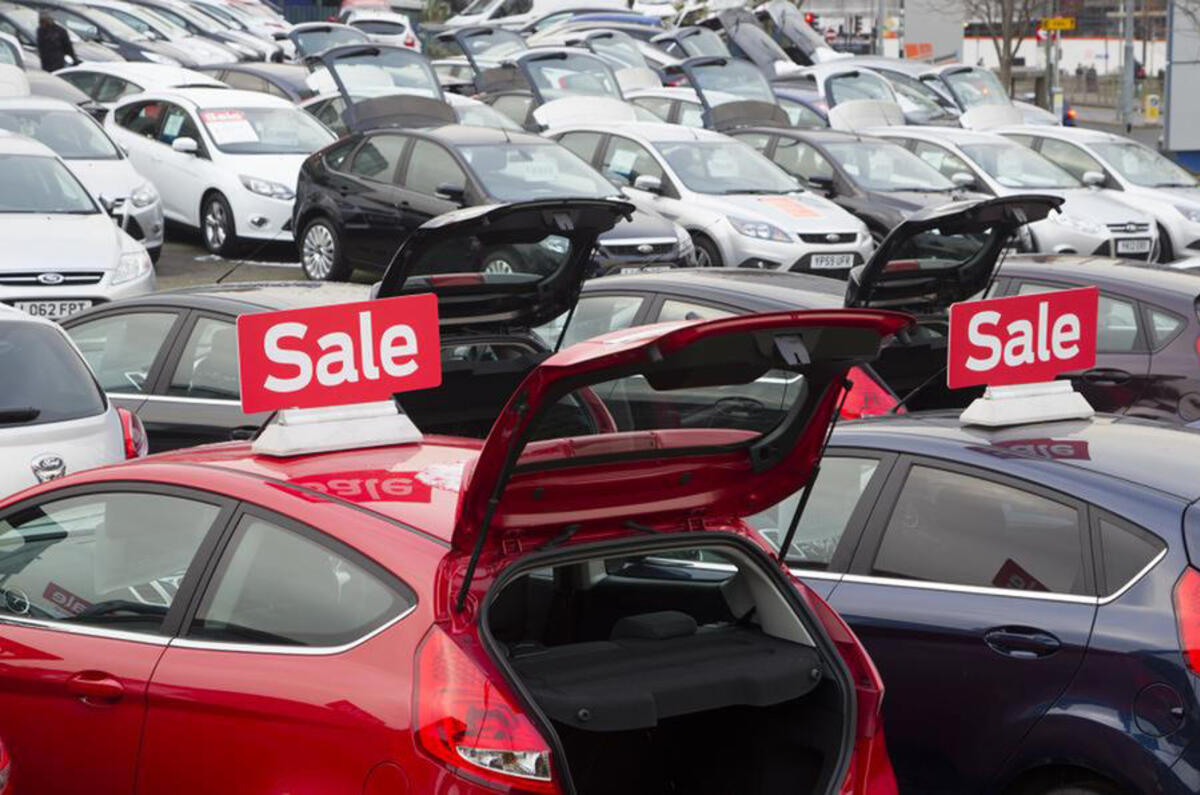Believe the headlines and you will believe that September’s new car registrations were the worst this century.
This is a line that was pushed by UK car industry body the Society for Motor Manufacturers (SMMT) and which many have taken at face value.
While there’s no arguing with the factual accuracy of the figures, there are massive degrees of separation in how different people are interpreting them.
The SMMT painted a picture of a “poor” month, with chief executive Mike Hawes saying: “Unless the pandemic is controlled and economy-wide consumer and business confidence rebuilt, the short-term future looks very challenging indeed.”
Yet every car retailer I spoke to was cock-a-hoop with September’s figures. How so? Because in many cases they were achieved against a backdrop of demand outstripping supply, as manufacturers focused on clearing pre-pandemic stocks before firing up factories to maximum (but now socially distanced) capacity and consequently many resisting the perennial urge to pre-register thousands of cars, shoving them through the system only to have to sell them at a discounted rate later.
Mid-month, many retailers were popping their heads above the parapet to signal actual sales (rather than registrations) up 10-20% year on year. That the brakes were applied later in the month is a result of the actions highlighted above, and why the final figures were -1.1% year on year for private sales and -5.5% for fleet sales.
But what those numbers don’t reveal is the profitability of those sales, thanks to demand outstripping supply for once (reports of best-ever profitability among some franchises are commonplace) – and the fact that not being able to fulfil all of the buyers’s demands instantly allowed for the banking of orders for the coming months, building up a healthy pipeline of sales that leaves the more buoyant enterprises predicting they will see out the year in reasonably robust health.
Word is that, for some brands at least, far from being a poor month, September was in fact - in terms of profit per unit sold - one of the best recorded for some time.
Which brands did well? That’s harder to tell, although individual figures do give a good indication of who had been pre-registering most heavily last year or who was most supply-constrained this year:
Strong performers MG +169% Audi +71.8 (had a poor 2019 due to a shortage of WLTP-compliant vehicles) Volkswagen +39.2% Skoda +18.3% Toyota +10.1% Volvo +3.9%
Poor performers Alfa Romeo -33.8% Vauxhall -28.4% BMW -23.7% Mercedes-Benz -22.6% Citroën -20.2% Mazda -19.5% Hyundai -19.2% Ford -13.1% Renault -11.5% Seat -13.1%
So why choose to paint such a negative picture?
Could it be that the car industry body chose to play things down to ensure that its members’s plight remains on the political radar should some form of incentive scheme become possible? After all, nobody is going to bail out an industry beating the odds.
Certainly senior figures remain beyond furious that the automotive sector's concerns have yet to be prioritised in any Brexit negotiations, and there are therefore worries that its needs could be overlooked again.
But political manoeuvring is a fine line to tread in the public eye, especially as other industries are clearly suffering more. Choosing to pursue a negative agenda does a great disservice to some of the great work being done to keep this great industry moving forwards.
READ MORE
Worst ‘new plate’ September on record for new car registrations
Inside the industry: UK automotive deserves more support
Inside the industry: car makers and retailers have a love-hate relationship




Join the debate
Add your comment
Finally!
Analysis of endless SMMT bullshit!
jason_recliner wrote:
Exactly this.
So often all we have is reports on what SMMT say without analysis, as though it's the word of God and must be believed.
Good news for the industry in
Good news for the industry in the short term, similar to the property market. But a global recession is looming and Brexit will make matters even worse.